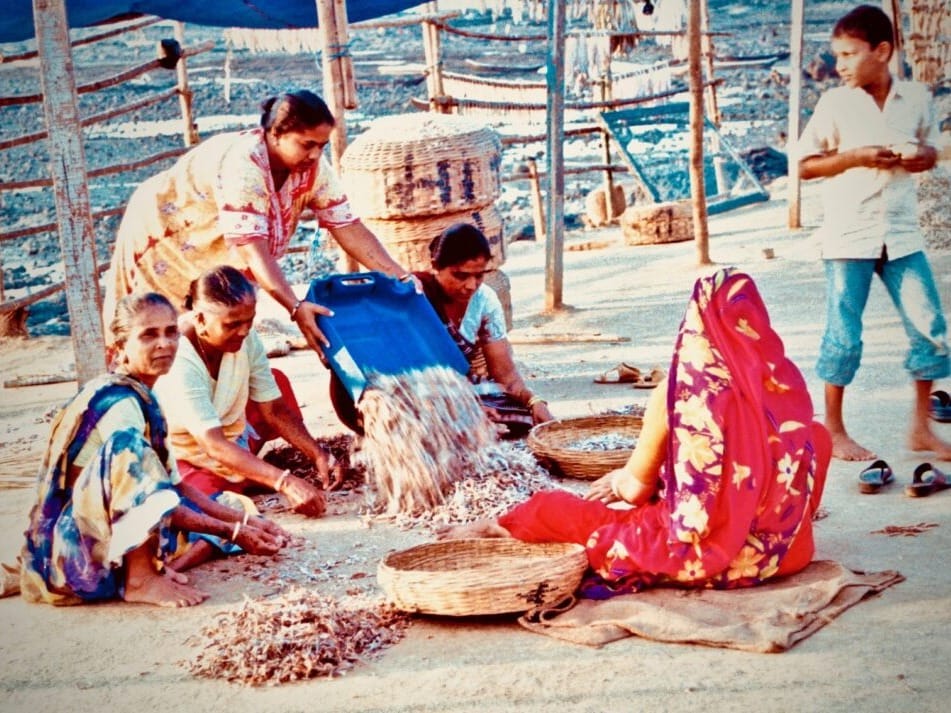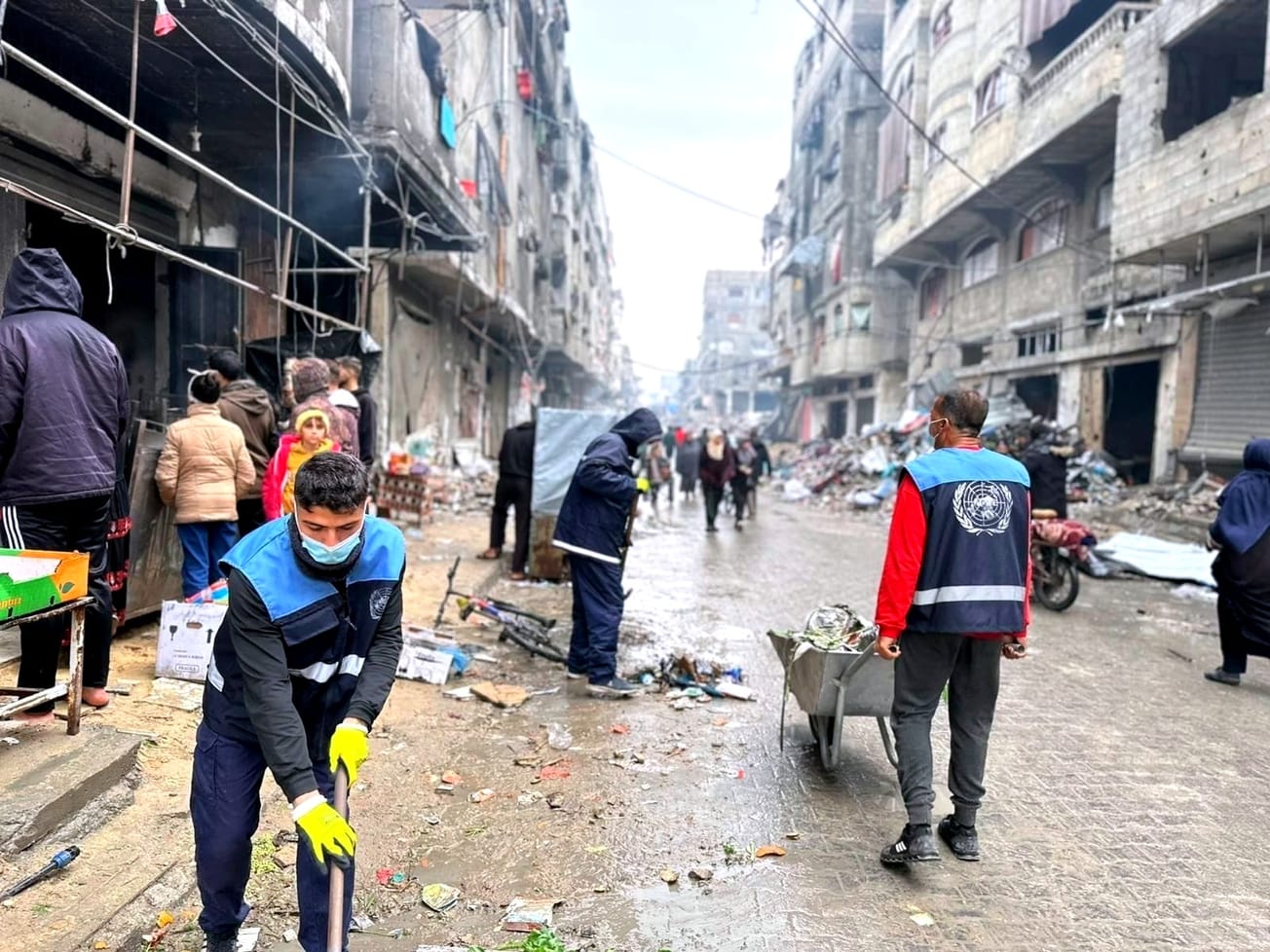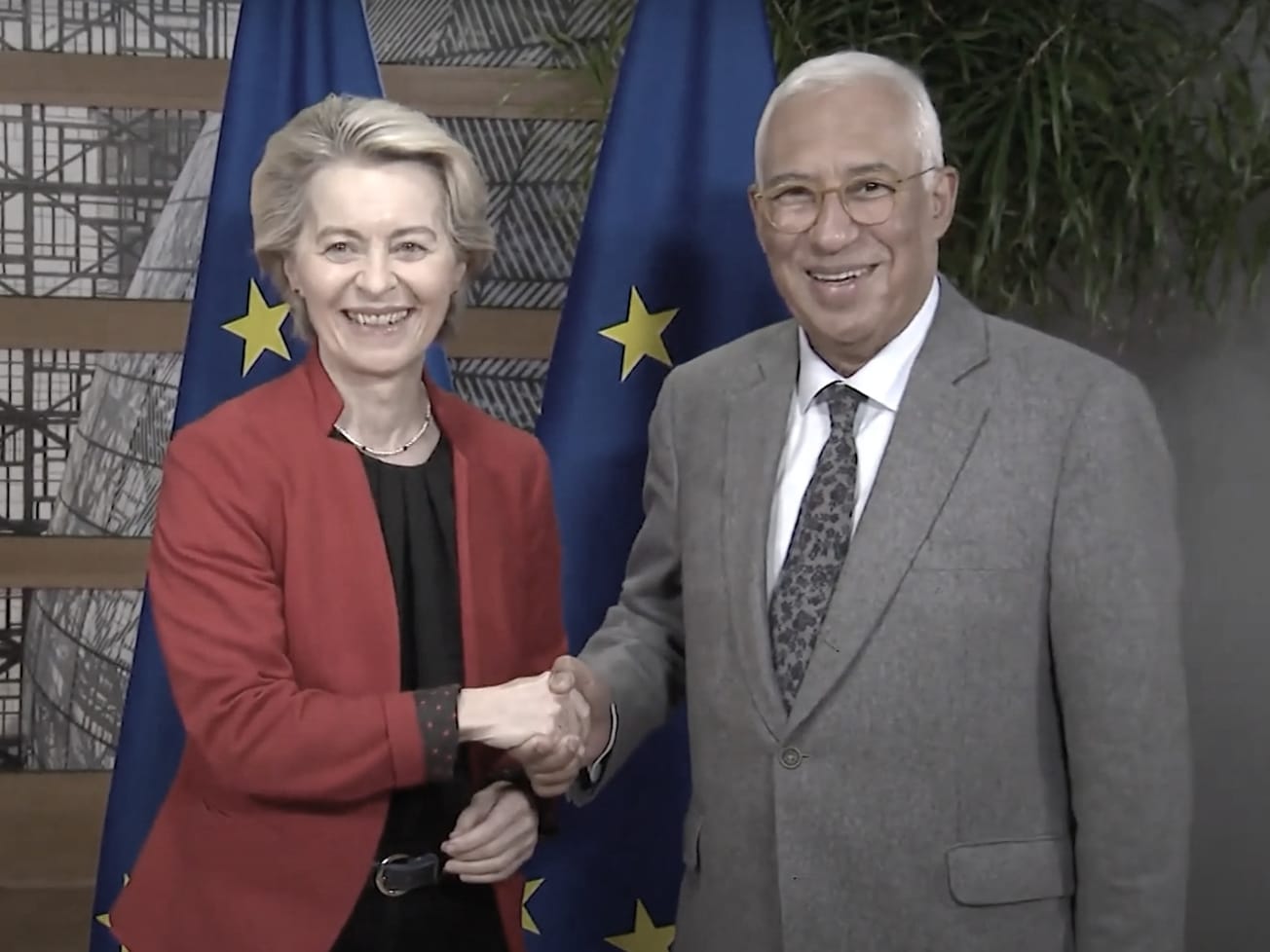WASHINGTON (AN) — The U.S. Supreme Court has ruled that international organizations should be treated like foreign nations when it comes to immunities: protections from lawsuits under American courts do not extend to commercial activities.
The ruling came in a case brought by villagers who live near a power plant in Gujarat, India that was built with the help of the World Bank Group’s financial lending arm, the International Finance Corporation, or IFC. Justices heard the case last October.









